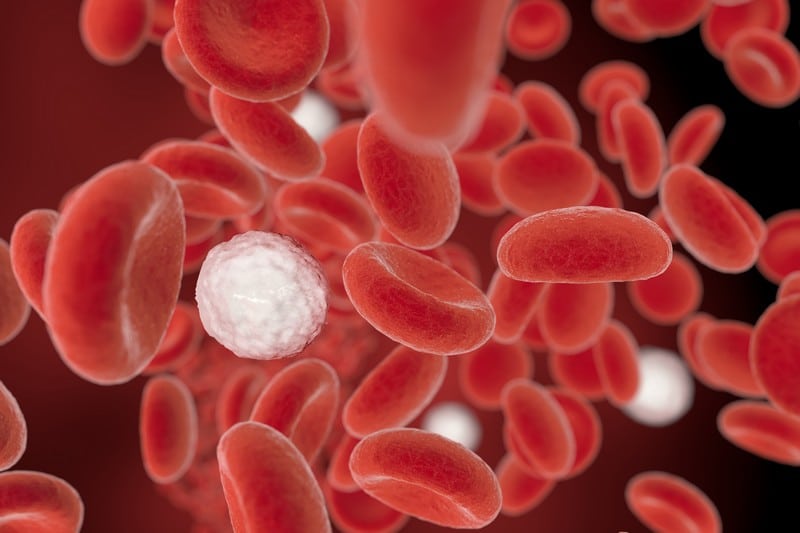Pernicious Anemia

One of the conditions that can lead to a lack of vitamin B12 in the body is called pernicious anemia, an inflammatory disease that inhibits the body from absorbing vitamin B12. Without getting enough vitamin B12, the body will have fewer red blood cells responsible for transporting oxygen throughout the body. There is a possibility that the amount of indirect bilirubin is raised due to pernicious anemia, a hemolytic condition linked with an accelerated turnover of bilirubin.
The word “pernicious” refers to something detrimental; therefore, the condition known as pernicious anemia is destructive to the body. Nausea, muscular weakness, dementia, heart difficulties, and weariness are some symptoms the affected individual may encounter. Jaundice is one of the disorders that may be associated with having pale skin, which is one of the mild symptoms that people may experience but may mistake for being caused by other frequent conditions. The fast breakdown of red blood cells typically results in high levels of indirect bilirubin and lactate dehydrogenase in the blood. Although high bilirubin levels usually accompany intravascular hemolytic anemias, patients with vitamin B12 deficiency also suffer from intramedullary hemolysis brought about by the loss of cell precursors due to inefficient hematopoiesis.










